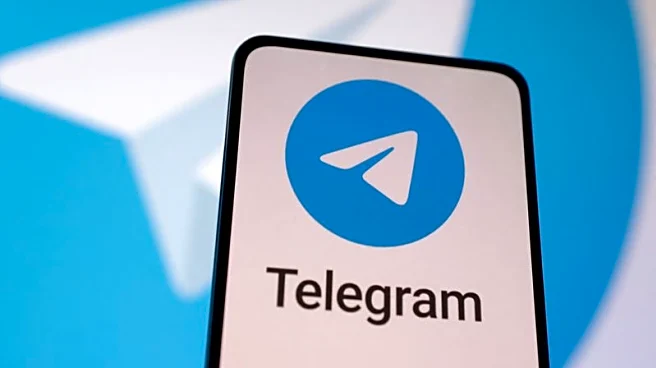Rapid Read • 8 min read
FCC Commissioner Anna Gomez emphasized the importance of maintaining spectrum sharing arrangements, particularly concerning the CBRS band, which is utilized by major cable companies like Comcast and Charter Communications for mobile traffic and fixed wireless access services. Gomez's comments, made during a Technology Policy Institute Forum, come amid concerns that the FCC might allow high-power use in the CBRS band, potentially displacing current users. She highlighted the success of spectrum sharing in the CBRS band and warned against disrupting companies that have invested heavily in deploying innovative services. Gomez also addressed broader spectrum allocation issues, including the upcoming World Radio Conference and the need for US consensus on international frequency spectrum positions.
AD
The CBRS band is crucial for cable operators and other companies that rely on shared spectrum for wireless services. Gomez's advocacy for spectrum sharing is significant as it supports the continued operation and expansion of these services, which are integral to the US wireless infrastructure. Her comments are likely to reassure stakeholders in the OnGo Alliance, a consortium of CBRS advocates, who have invested billions in CBRS deployments. Additionally, Gomez's remarks on international spectrum allocation underscore the strategic importance of maintaining US influence in global telecommunications policy, especially with potential challenges from China.
The FCC is expected to continue exploring spectrum sharing arrangements and may face pressure from industry stakeholders to preserve the current CBRS framework. Gomez's call for Congress to act on Universal Service Fund reform could lead to legislative efforts to ensure the sustainability of communications services. The US will need to solidify its positions on spectrum allocation ahead of the 2027 World Radio Conference, potentially influencing international telecommunications policy.
Gomez's comments reflect broader concerns about the Trump administration's approach to media and communications policy, including alleged First Amendment violations. Her advocacy for spectrum sharing and USF reform highlights ongoing debates about the role of government in regulating telecommunications and ensuring equitable access to services.
AD
More Stories You Might Enjoy












